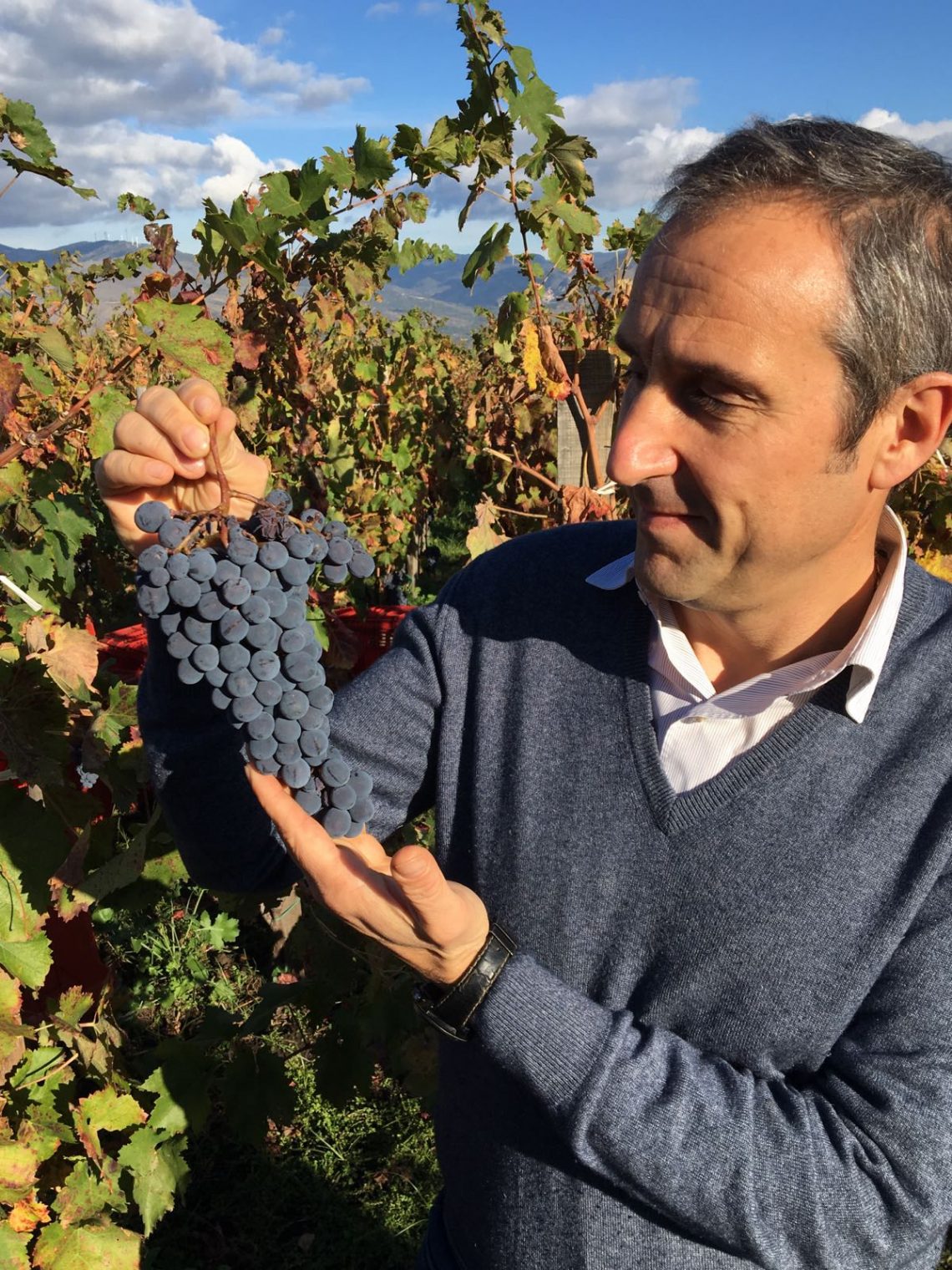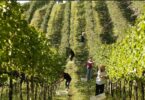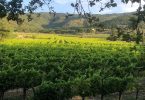The Wolf Post, supported by a Cultural Association, offers a professional service with free access, without subscription.
For this reason, a donation would also be a sign of appreciation for our work.
“Grapes are the most precious commodity” is the beginning of Mario Ronco’s web page. Apparently a predictable phrase but those who know him know that for him this is an axiom which cannot be ignored.
Born in Asti in 1968, he is certainly one of the leading figures in Italian enology. A life rooted in and dedicated to the wine world. Since he was a child he breathed the scent of the nectar of the Gods, the son of a wine merchant from the Asti Monferrarese area, he studied at the Alba Enological School where he graduated in 1987. After his studies, until 1995, he lent his professional work to Enosis studio. Since 1995, he has been working as a freelancer, offering his skills and consultancy to important production companies in the peninsula.
How and when was your passion for wine born?
My relationship with wine has deep roots, my ancestors have always had vineyards and cellars. What’s more, my father also became an oenologist in 1954 and I grew up between the scent of fermenting wine and the noise of barrels washed with chains under my bedroom window. At home we drank and “breathed” wine.
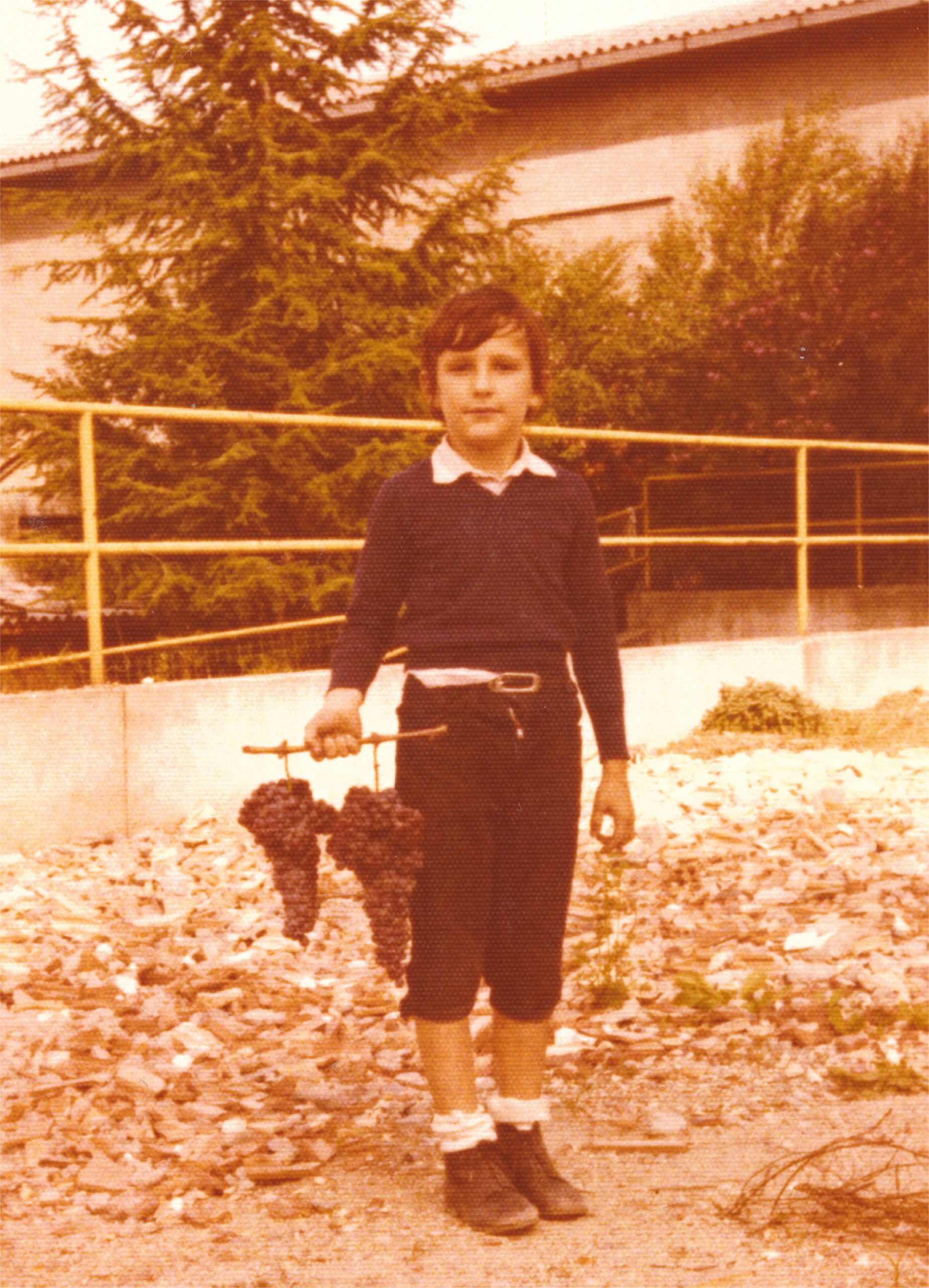
© Mario Ronco Enologo
When did you decide that the oenologist would become your profession?
It was natural, I grew up with a view to continuing my work in the family business. Then, I started working for a well-known Piedmontese consultant: knowing different vines and areas in Italy fascinated me a lot and then I realized that that would be my job. In the meantime, my father closed the business and, after 8 years of “apprenticeship”, I started working on my own.
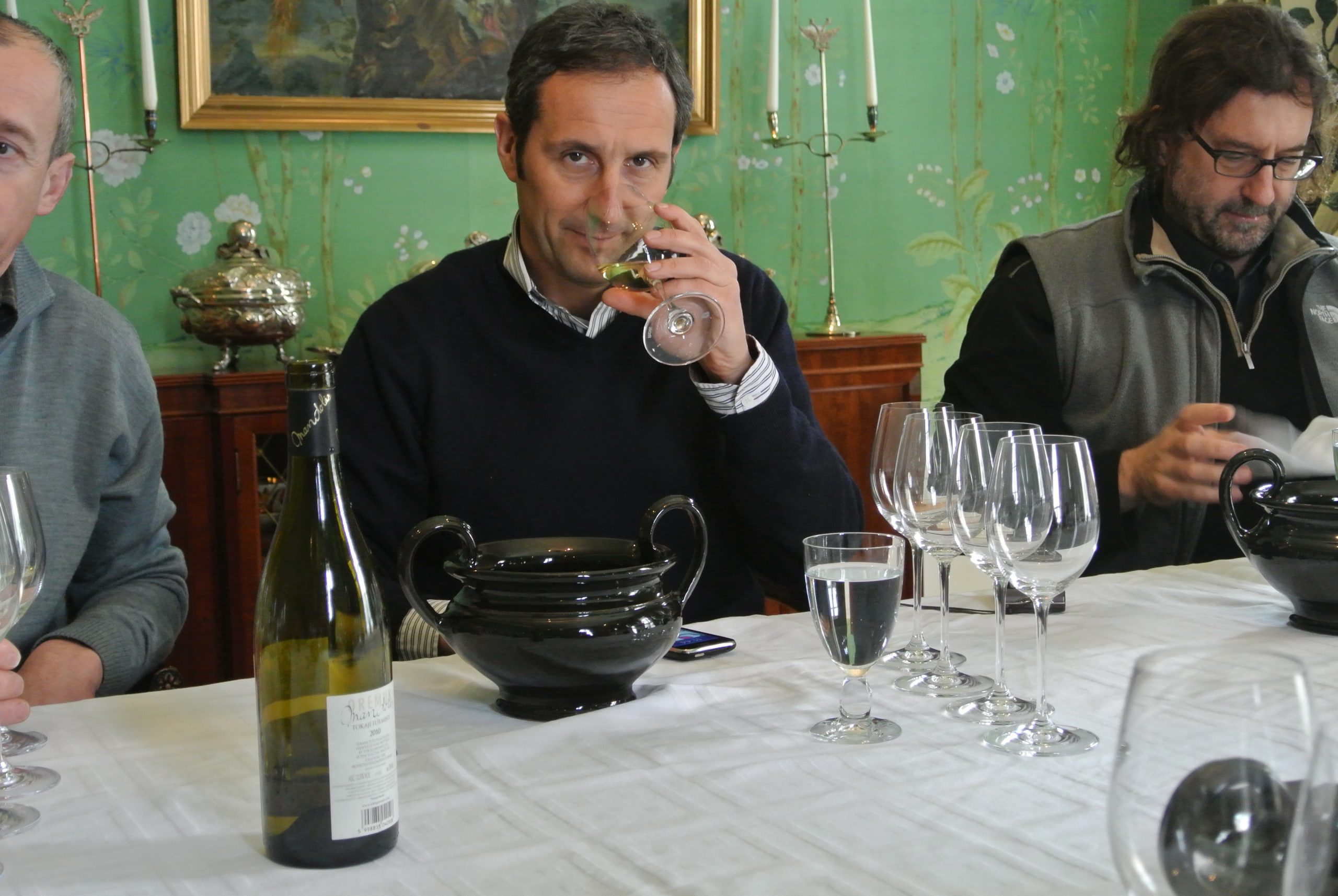
© Mario Ronco Enologo
How important is it for an oenologist to empathize with the people who take care of that vineyard?
I think the oenologist is a very “intimate” figure in the business environment. He must participate in the expectations of the property, make them his own, and pass them on, with passion, to those who have to work in the vineyard and in the cellar. Obviously, the basis of everything is respect for grapes, which are the most precious asset, only in this way is the “terroir” allowed to express itself and this is the goal to have wines with a unique personality. I also think that having good relations with all the players in the wine production chain of a company is essential to have important results.
In the collective imagination of wine lovers, therefore, non-professional, the sommelier is the best known figure within the “wine” chain while the oenologist works “behind the scenes”. How much, according to your experience, are the two figures (if they are), in opposition and how much, on the contrary, are they (if they are) complementary?
The two figures are certainly complementary.
Sommeliers have a great knowledge of Italian and world wines, they are very good in the organoleptic description of wines, irreplaceable in matching with food.
The oenologist must know the grape/territory combination well, distinguish the nuances of each vineyard, interact with the climatic variations of the vintage, direct the vinification and refinement in the direction of maximum emphasis of the grape peculiarities. An oenologist starts with grapes and knows every variation in the birth and growth of a wine, the sommelier is an expert from the bottle onwards.
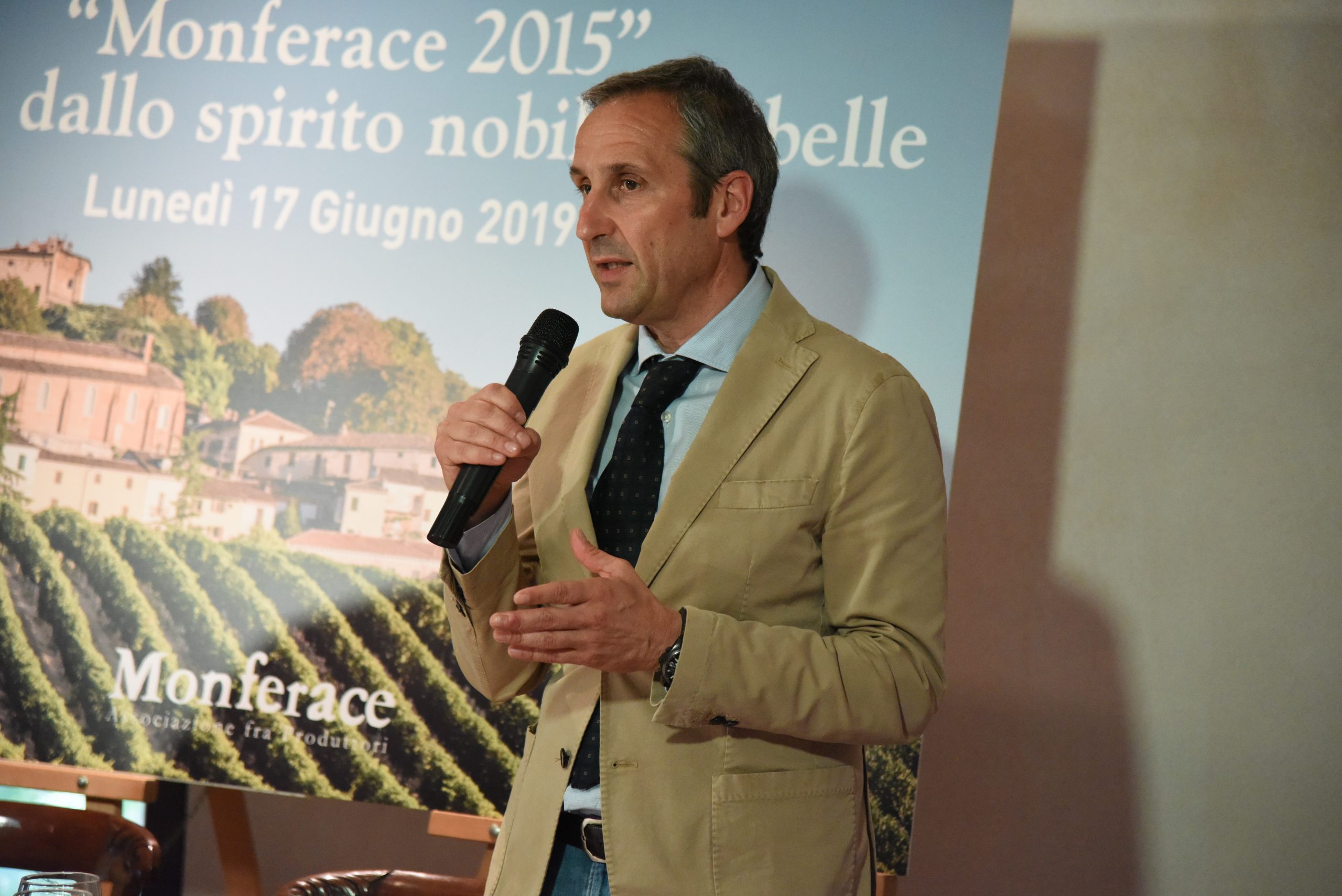
© Mario Ronco Enologo
Pandemic and state of health of the wine sector (Italian and International), what can your current experience tell you?
Going through such an unexpected and complicated moment has certainly highlighted the strengths and weaknesses of each company. I believe that the most attentive will treasure this experience. The extent and type of recovery will give further answers and, I hope, new life for the entire sector.
The winemaker is also a controversial figure, acclaimed by most, but also the subject of strong criticism from others. You are accused of “creating” wines that must meet the canons of the guides, in short, please everyone. Fantasies, or is there, in some cases, a basis of truth?
I think generalizing is always a mistake! I work to “assist”, in the least invasive way possible, the transformation from grape to wine. The aromas and tastes of the future wine are preserved in the grape, letting them express is a job that begins in the vineyard and then continues in the cellar, favoring its passage is my task, I like to do it with sensitivity and delicacy accompanying it, hand in hand, as with a growing child.
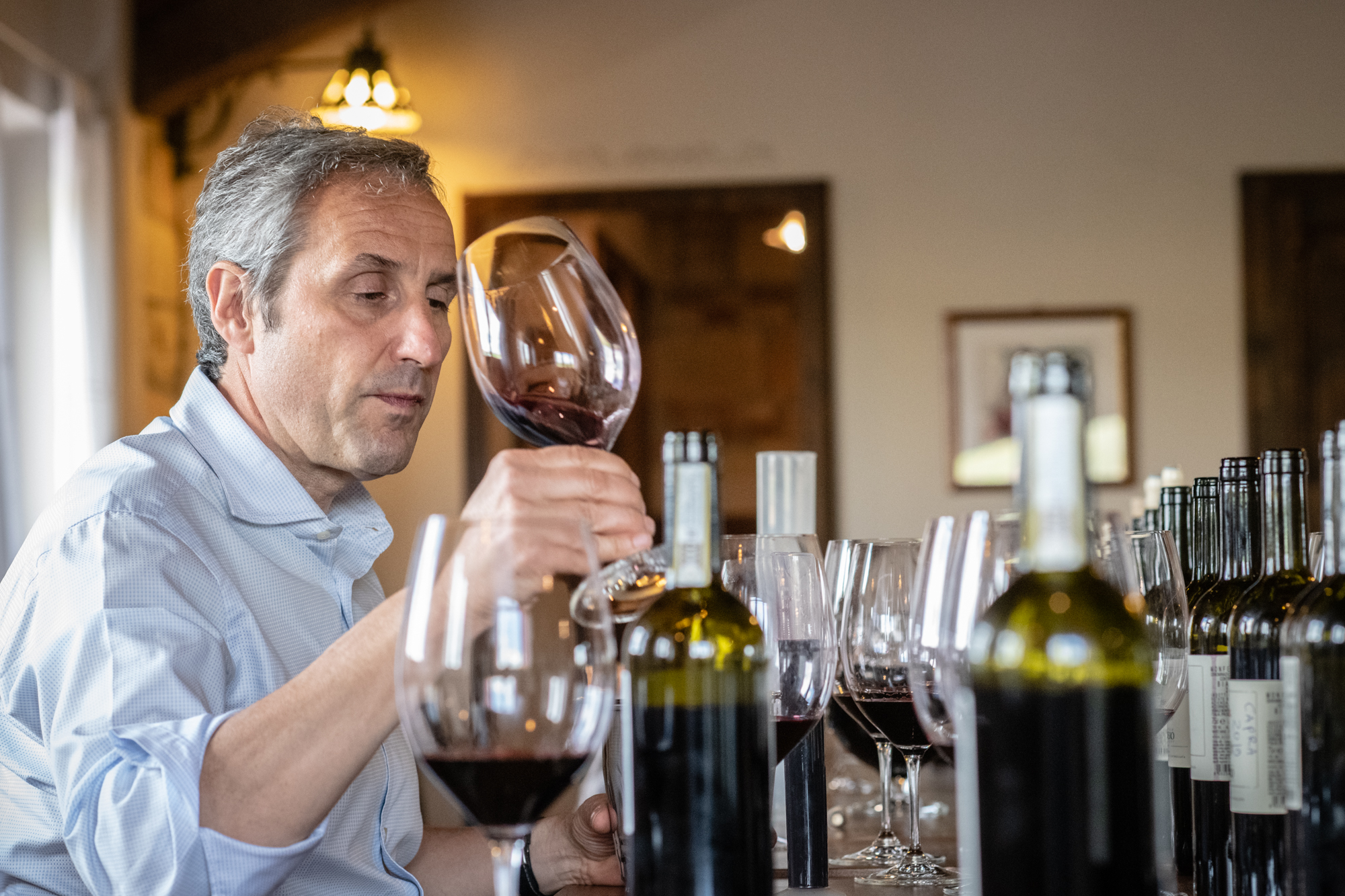
© Mario Ronco Enologo
One of your merits and flaws, professionally speaking.
Many said me that “I don’t have a hand”. I don’t dominate what nature creates. I think it’s a great compliment.
One of the most evident defects is my aptitude to defend the wine at all costs, sometimes with too much aggression and vehemence. Grapes and wine have no mouth, they cannot complain, I try to give them a voice. Sometimes, however, I end up raising it!


